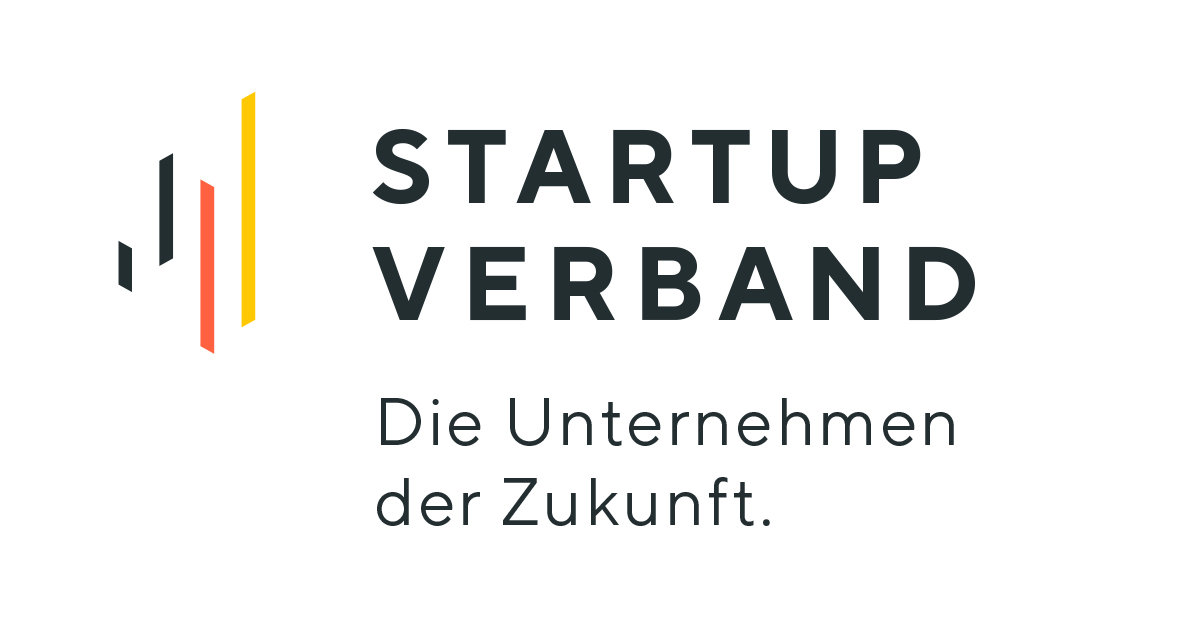
In the bustling startup ecosystem of Europe, each country is crafting its own unique environment for young businesses to flourish. While France boasts La French Tech, an ambitious project to spotlight and accelerate French startups globally, its neighbor Germany has been equally proactive in cultivating a thriving startup culture. Central to this ecosystem is the “Bundesverband Deutsche Startups e.V.”, often abbreviated as the German Startup Association.
What is the Bundesverband Deutsche Startups?
Founded in 2012 and headquartered in Berlin, the Bundesverband Deutsche Startups serves as the advocacy group for German startups. Its primary mission? To represent the interests of German startups to the political world, established businesses, and the general public. The association’s overarching goal is to transform both Germany and Europe into more founder-friendly hubs, and it does so by facilitating dialogue between startups, veteran businesses, and politicians.
A Brief History
The association sprouted from the collective efforts of founding board members like Florian Nöll, Thomas Bachem, and David Hanf, among others. Their motivation was clear: to create a political voice for startups in Germany. The need became especially evident when the Bundesrat proposed an “Anti-Angel Law” which would tax distributed dividends – a policy move that could have potentially stymied the growth of young companies.
Structure and Outreach
Today, the association boasts approximately 1,200 member companies and includes 36 student startup initiatives, giving a platform to the next generation of entrepreneurs. Not just limited to Berlin, the association has a nationwide presence divided into 16 regional groups, ensuring that startups across the country benefit from its initiatives.
Leadership
After nearly four years at the helm of the Bundesverband Deutsche Startups, Christian Miele has decided not to seek re-election for the honorary role of Chairman. Renowned entrepreneur Verena Pausder is set to succeed him, aiming to present herself for election at the next members’ assembly by the end of the year. Pausder, a prominent figure in the startup scene, is backed by Miele, who believes that with her extensive experience and vast network, she is the ideal fit for the role. Miele’s tenure saw significant strides for the association, making startups more visible in public discourse and politics than ever before. Pausder intends to continue this trajectory, infusing new momentum into Germany’s economic landscape.
Achievements and Advocacy
Throughout its existence, the Bundesverband Deutsche Startups has seen significant political victories. It successfully countered the aforementioned “Anti-Angel” legislation and was instrumental in introducing the “Scale” market segment for startups on the German Stock Exchange. Furthermore, the association has been an active proponent of legal and tax benefits for employee participations, believing that employees should share in the success they help create.
How Does This Relate to French Startups?
For French startups eyeing expansion or collaboration in Germany, understanding the role of the Bundesverband Deutsche Startups is crucial. Just as La French Tech creates a conducive environment for startups in France, the German Startup Association is the guiding force for startups in Germany. By tapping into the resources, networks, and advocacy efforts of this association, French startups can navigate the German market more efficiently.
Furthermore, recognizing the initiatives of such associations allows for cross-border collaborations. Both France and Germany are powerhouses in the European startup scene, and collaboration fostered by entities like La French Tech and Bundesverband Deutsche Startups can pave the way for a more interconnected and robust European startup ecosystem.
The Deutscher Startup Monitor (DSM)
Integral to the Bundesverband Deutsche Startups’ commitment to understanding and enhancing the startup ecosystem is its annual publication, the Deutscher Startup Monitor (DSM). This comprehensive report provides in-depth insights into the state of the German startup scene. Covering diverse topics like funding dynamics, regional distributions, business models, and challenges faced by startups, the DSM is a go-to reference for policymakers, investors, and entrepreneurs alike. By gathering data from thousands of startups, it offers a holistic view of current trends, challenges, and areas of growth within the German startup landscape. For international stakeholders, including French entrepreneurs, the DSM is an invaluable resource to comprehend the evolving dynamics of the German startup ecosystem, ensuring that they are well-prepared to engage and succeed in this vibrant market.
In Conclusion
The Bundesverband Deutsche Startups e.V. is more than just an advocacy group. It’s a testament to Germany’s commitment to fostering a vibrant startup ecosystem. For French startups and entrepreneurs, aligning with such organizations can unlock a plethora of opportunities in the German market and beyond.
